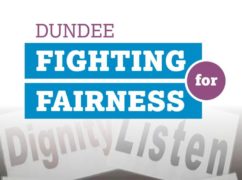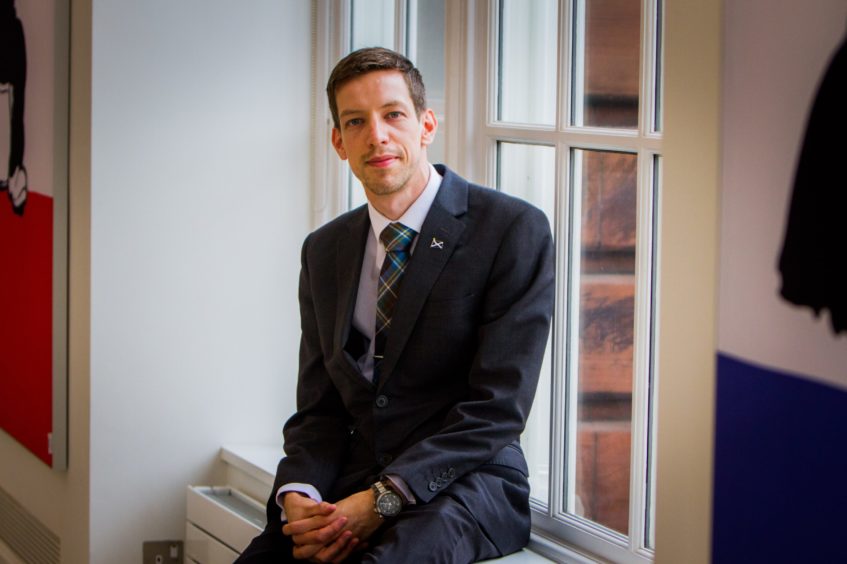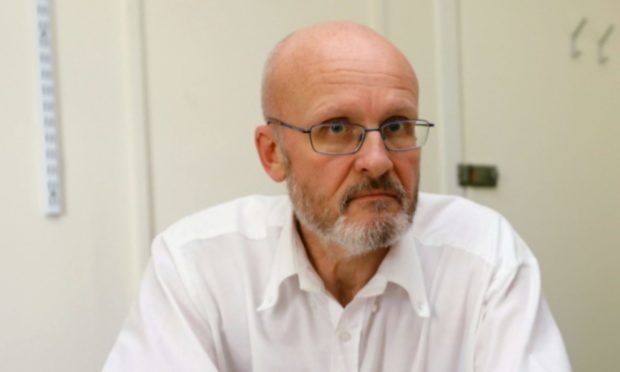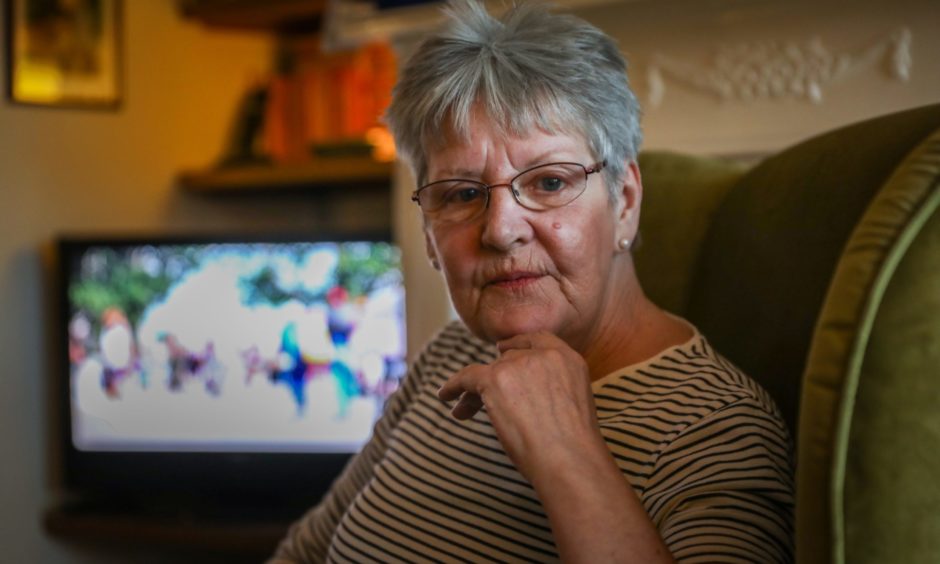Young people, the elderly and the unemployed are among those disproportionately affected by the pandemic in Dundee, a new report shows.
Support services in the city must now be geared towards helping them, along with other vulnerable groups, including those suffering from mental health issues.
The findings and recommendations for improvement come in the latest report by Dundee’s Fairness Commission.
The report identifies 29 key areas where work must be undertaken to improve services to promote fairness in the city.
It includes actions relating to food and fuel poverty, disability, mental health and wellbeing.
Dundee City Council leader John Alexander has now pledged to find a way to help bring the city out of poverty following the pandemic.
In the foreword for the report, he said: “The last year has been hard for everyone and the Covid-19 lockdown has had huge consequences for all of us.
“Covid-19 has made life even harder for people who were already struggling with low incomes and many more families will be feeling what it is like to try to get by without enough coming into the house because of the economic impact of the lockdown.
“It’s our job now to focus on helping the city recover. We must shape our recovery plans to help us secure the fairer Dundee we believe is right.
“Lockdown has shown us that we can develop solutions quickly when we put our minds to it. I want to see us do the same when it comes to reducing poverty.”
Top priorities
Top priorities for improvement include installing more efficient heating systems in Lochee’s multis, creating a food insecurity strategy and increasing access to employability support for people struggling with mental health issues.
It also recommends that services should be more proactive in addressing the impact of financial uncertainty on people’s mental health.

The findings also show that others adversely and disproportionately affected by Covid-19 include the long-term sick or disabled, those in receipt of benefits, those living alone and carers.
The report has been met with a mixed response from campaigners in Dundee.
Leading Dundee mental health campaigner Phil Welsh branded the findings “patronising empty rhetoric” but pensioners’ champion Dorothy McHugh said she thought the report was “impressive”.
Empty rhetoric
Phil Welsh, who has been campaigning for a 24/7 mental health crisis for Dundee since his son, Lee, committed suicide, said he was very disappointed in the report.
“The mental health aspect of the report is a patronising empty rhetoric,” he said.
“This is a 44-page report with nothing of major concern to help address Dundee as the suicide capital of mainland Scotland.
“Where is the crisis centre, where are the mental health professionals who should be located in GP practices, where is the emergency mental health rapid response vehicle, where are the additional out of hour resources, where are the proposals to make the bridge a safer place?”
He added: “Of course there is no panacea, however, vague reports such as this curry no favour with mental health campaigners who have been expressing what the city really needs for many years.”
Complex issues
However, Dorothy, secretary of Dundee Pensioners’ Forum, said: “This is an impressive report – highlighting the layers of complex issues that people across our city struggle with on a daily basis.
“The council leader’s foreword emphasises the effects of the Covid-19 pandemic and pledges to help the city recover.
“This is right, of course, but many of the problems outlined in the report are long-standing and have been thrown into stark relief during Covid-19 restrictions.
“Social isolation, for example, is not new – certainly not to our most vulnerable groups across the city, including older people.
“Many of those who suffer from social isolation are also affected by disability, food and fuel insecurity and mental health issues.”
“The report addresses all of these issues in clear language and offers well thought through recommendations that, if implemented, would certainly move us some way forward to a Dundee that listens to its people.”
Personal experiences
A spokesman for the fairness commission said: “Our desire was to search out the issues people are struggling with today, to hear their stories and find ways to make a difference.
“There was no agenda, paperwork or action points.
“We spent this time listening together to the stories and experiences of community commissioners.
“After each story-sharing we discussed and drew out key themes, finding the common
threads.”



